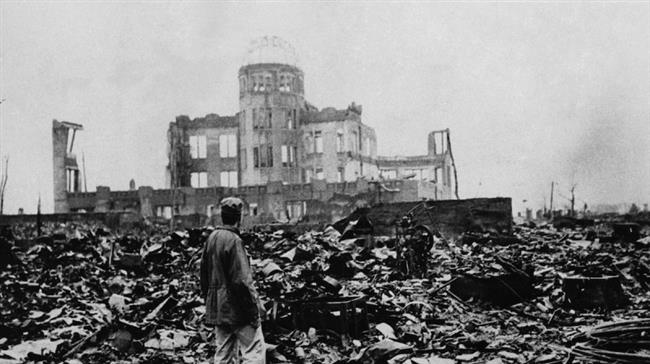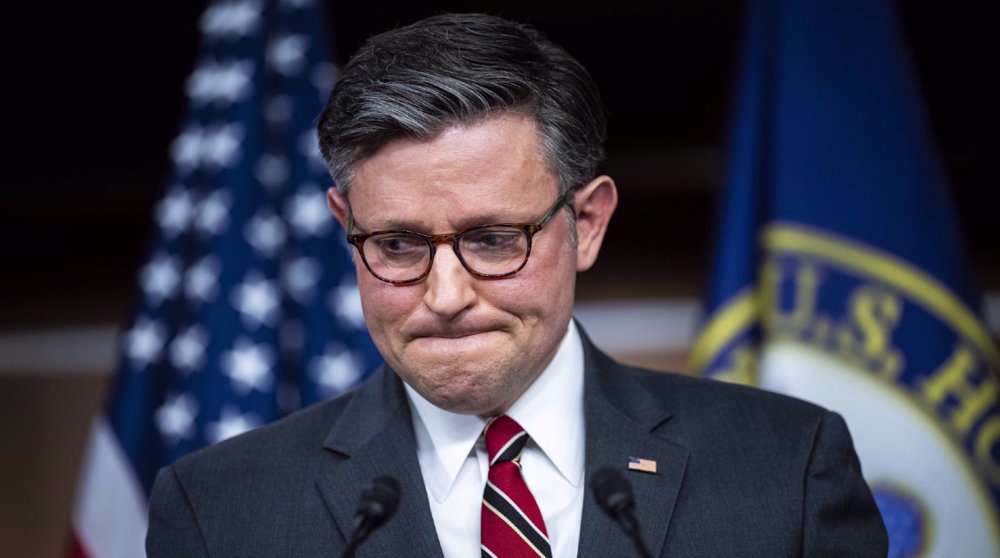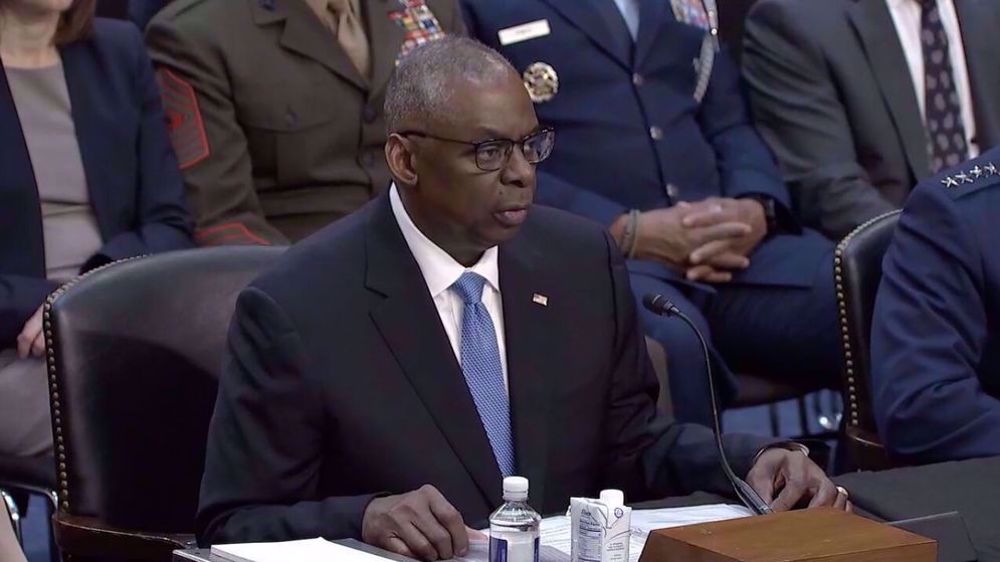Truman’s war crimes at Hiroshima and Nagasaki
By Jacob G. Hornberger
This month marks the 75th anniversary of the US atomic bombings of Hiroshima and Nagasaki. While proponents of the bombings have long justified them on the basis that they shortened World War II, the fact is that they were war crimes. The only reason why President Truman and the pilots who dropped the bombs were not prosecuted as war criminals is because the United States ended up winning the war.
It has long been pointed out that Japan had expressed a willingness to surrender. The only condition was that the Japanese emperor not be abused or executed.
President Truman refused to agree to that condition. Like his predecessor Franklin Roosevelt, Truman demanded “unconditional surrender.”

A view of Hiroshima in September 1945, weeks after an atomic bomb destroyed the city.
That was why Japan continued fighting. Japanese officials naturally assumed that US officials were going to do some very bad things to their emperor, including torture and execution. In the minds of Japanese officials, why else would the United States not be willing to agree to that one condition, especially given that it would have meant the end of the war?
The dark irony is that Truman ended up accepting the condition anyway, only after he pulverized the people in Hiroshima and Nagasaki with nuclear bombs.

A view of the center of Hiroshima from a police station in September 1945. A newspaper building, a department store and a bank were destroyed.Credit...Yoshito Matsushige/Chugoku Shimbun/Kyodo
In an excellent op-ed in the Los Angeles Times entitled “US Leaders Knew We Didn’t Have to Drop Atomic Bombs on Japan to Win the War. We Did It Anyway” the authors point out:
Seven of the United States’ eight five-star Army and Navy officers in 1945 agreed with the Navy’s vitriolic assessment. Generals Dwight Eisenhower, Douglas MacArthur and Henry 'Hap' Arnold and Admirals William Leahy, Chester Nimitz, Ernest King, and William Halsey are on record stating that the atomic bombs were either militarily unnecessary, morally reprehensible, or both.
Keep in mind that there is nothing in the principles of warfare that required Truman and Roosevelt to demand the unconditional surrender of Japan (or Germany). Wars can be — and often are — ended with terms of surrender. Both presidents were willing to sacrifice countless people on both sides of the conflict to attain their demand for unconditional surrender.

A dead horse and a wagon south of Nagasaki’s ground zero, the day after the bombing.Credit...Yosuke Yamahata, courtesy Shogo Yamahata
But Truman’s unconditional surrender demand is not why his action constituted a war crime. This bombings constituted war crimes because they targeted non-combatants, including children, women, and seniors with death as a way to bring about an unconditional surrender of the Japanese government.
It has lone been considered a rule of warfare that armies fight armies in war. They don’t target non-combatants. The intentional killing of non-combatants is considered a war crime.

Patients being treated in a medical tent in Hiroshima on Aug. 9.Credit...Yotsugi Kawahara, courtesy Hiroshima Peace Memorial Museum
A good example of this principle involved the case of Lt. William Calley in the Vietnam War. Calley and his men shot and killed numerous non-combatants in a South Vietnamese village. The victims included women and children.
The US military prosecuted Calley as a war criminal — and rightly so. While the deaths of non-combatants oftentimes occurs incidentally to wartime operations, it is a war crime to specifically target them for death.
Truman justified his action by arguing that the bombings shortened the war and, therefore, saved the lives of thousands of American soldiers and Japanese people if an invasion had become necessary. It is a justification that has been repeated ever since by proponents of the bombings.

A young woman who survived the explosion at Minami-Ohashi, a mile south of ground zero, being pulled on Oct. 4 by her aunt on a cart over rubble-covered roads to Hiroshima Red Cross Hospital. Credit...Shunkichi Kikuchi, courtesy Harumi Tago
There are two big problems with that justification, however.
First, an invasion would not have been necessary. All that Truman had to do was to accept Japan’s only condition for surrender, and that would have meant the end of the war, without the deaths that would have come with an invasion and that did come with the bombings of Hiroshima and Nagasaki.
More important, the fact that lives of American soldiers would have been saved is not a moral or legal justification for targeting non-combatants. If Calley had maintained at his trial that his actions were intended to shorten the Vietnam War, his defense would have been rejected. He would have still be convicted for war crimes.
Soldiers die in war. That is the nature of war. To kill women, children, and seniors in the hopes of saving the lives of soldiers by shortening the war is not only a war crime, it is also an act of extreme cowardice. If an invasion of Japan would have become necessary to win the war, thereby resulting in the deaths of thousands of US soldiers, then that’s just the way that war works.

Around 2:00 p.m. on Aug. 10. The atomic bomb had exploded about a third of a mile above this location, the Matsuyama-machi intersection. The remains of a private school is in the rear at right. The chimney, center rear, was part of the Mitsubishi Nagasaki Steel Works. Credit...Yosuke Yamahata, courtesy Shogo Yamahata
It’s also worth pointing out that Japan never had any intention of invading and conquering the United States. The only reason that Japan bombed Pearl Harbor was in the hope of knocking out the US Pacific fleet, not as a prelude to invading Hawaii or the continental United States but simply to prevent the US from interfering with Japan’s efforts to secure oil in the Dutch East Indies.
And why was Japan so desperate for oil as to initiate war against the United States? Because President Franklin Roosevelt had imposed a highly effective oil embargo on Japan as a way to maneuver the Japanese into attacking the United States.
FDR’s plan, of course, succeeded, which ended up costing the lives of hundreds of thousands of American soldiers and millions of Japanese citizens, including those at Hiroshima and Nagasaki.

Jacob George Hornberger (pictured above) is an American attorney, author, and politician who was a Libertarian candidate for president in 2020 and 2000. He is the founder and president of the Future of Freedom Foundation. The article was first published on the Future of Freedom Foundation.
US vetoes Palestinian request for full UN membership
Iran sufficed to striking part of Israel’s military positions: FM to UN chief
IRGC: Israel’s Dimnoa nuclear reactor not among Op. True Promise’s targets
VIDEO | West Asia awakens
'Stop any further Israeli adventurism,' Iran FM tells Security Council
Google fires 28 employees for protesting military deal with Israel
Burkina Faso expels three French diplomats over ‘subversive activities’
Iran slams G7 statement, vows no iota of doubt to respond to aggression










 This makes it easy to access the Press TV website
This makes it easy to access the Press TV website